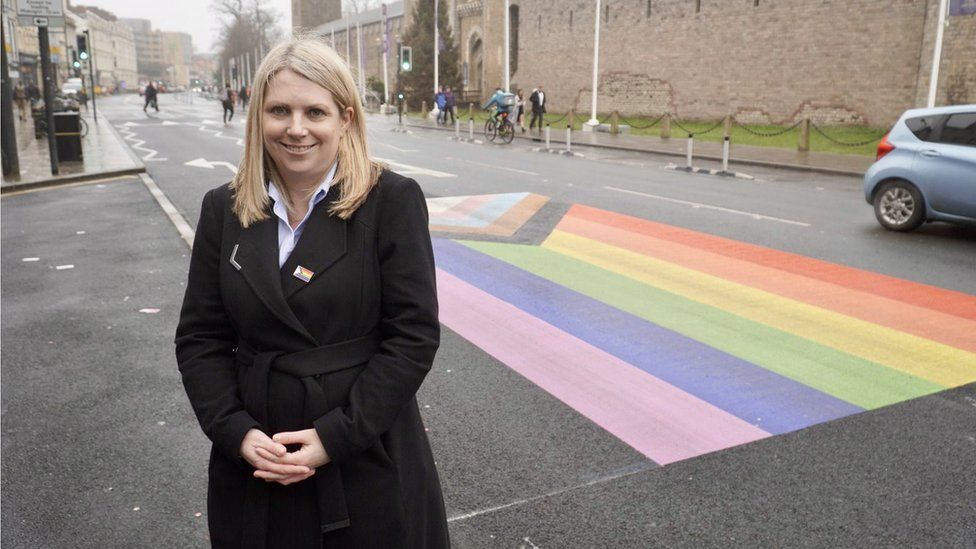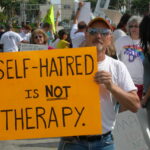Blog Post
Pro-LGBT Wales snubs cautious British PM by proposing total ban on conversion therapy
By Jonathon Van Maren
In one of the first bits of good news on the gender front, U.K. Prime Minister Boris Johnson recently announced that his government would be taking a closer look at the definitions included in the U.K.’s conversion therapy ban; additionally, some mainstream media sources are finally admitting that a debate exists after a half-decade of merely printing LGBT talking points.
In response to this newfound caution, however, the Welsh government is taking the opposite approach, announcing that it is seeking to make Wales “the friendliest LGBTQ+ Nation in Europe” and will thus consider bringing in a so-called conversion therapy ban “unilaterally.”
The Welsh Deputy Minister for Social Partnership Hannah Blythyn released a statement in response to the Johnson government’s announcement that the UK would be forging ahead with a conversion therapy ban, but would not be applying the ban to those with gender dysphoria (the vast majority of whom grow out of these feelings naturally) by saying that the Welsh government would take steps to ensure “no one is left out.” This is being interpreted as a direct rebuke and an indication that a Welsh “conversion therapy ban” would include children with gender dysphoria, potentially criminalizing therapies oriented towards helping young people feel comfortable in their own bodies.
The Welsh government is still in the early stages of their plan; Blythyn has indicated that they are still “seeking legal advice to determine all the levers we have in Wales to end the practice of conversion therapy” and that she thinks educating the Welsh population through a “dedicated campaign” will also be necessary. Blythyn stated that, as a first step, an expert panel would be formed to lay the groundwork for legislation. The panel would interview people from “faith communities; the health and social care sector; and children and young people’s representatives.” Representatives of the LGBT community, predictably, would serve in an advisory capacity as the law was developed.
Despite Blythyn’s statement that religious communities would be included, groups like Christian Concern were dubious, noting that an “expert advisory group” set up by the SNP-Green alliance in Scotland for the same purpose didn’t bother to speak to representatives who would express “concerns over the effects a broad ban would have on the ordinary work of churches.” It is more likely that clergy like the Anglican former Archbishop of Canterbury, who recently condemned the cautious approach of the Johnson government and urged legislators to include gender dysphoria in a conversion therapy ban, would be consulted.
READ THE REST OF THIS COLUMN HERE








